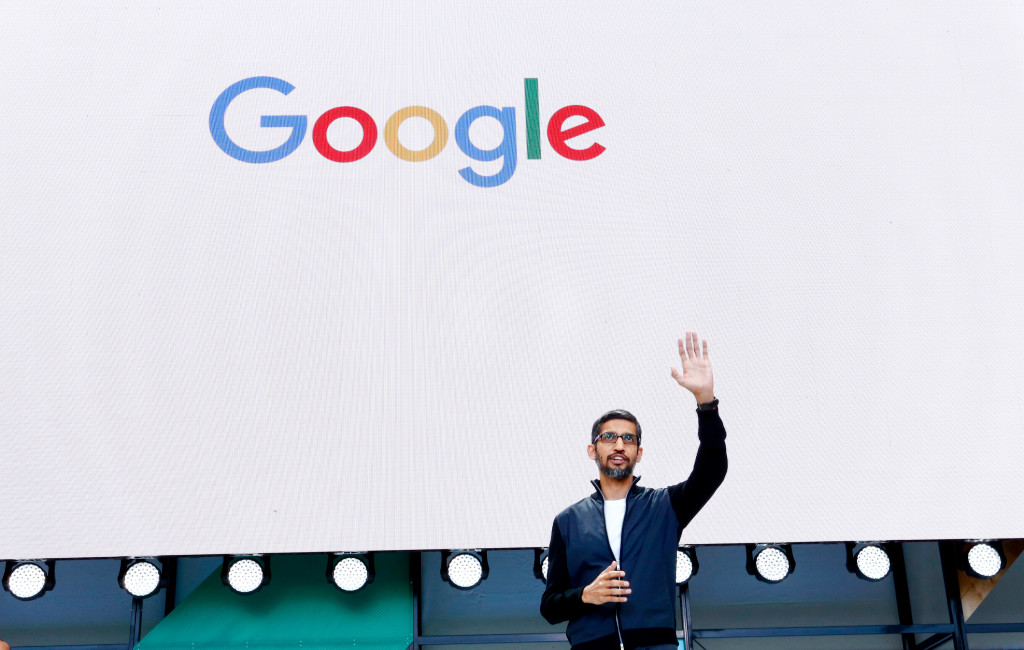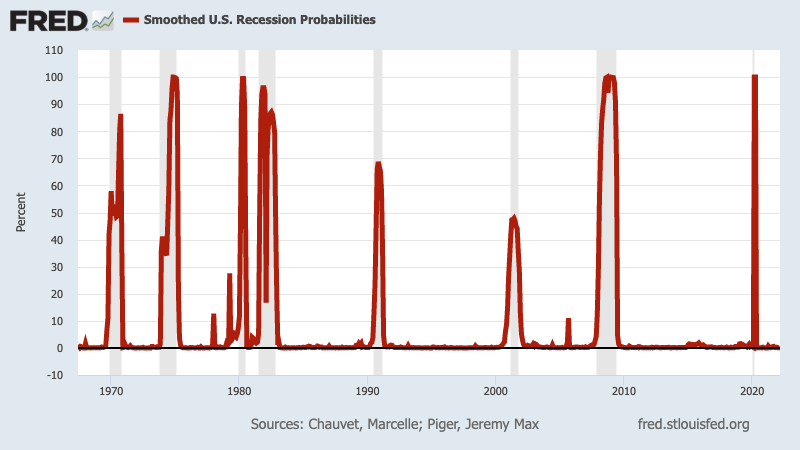Is the Bank of Google close to becoming a reality?
The internet giant, which has cemented its position in the markets for operating systems with Android, mobile phones with its Pixel smartphone, and is looking to become a force in healthcare and wearables following it’s $2.1 billion acquisition of Fitbit, now wants to get into the financial services industry by offering consumers checking accounts.
Yes. That’s right. Checking accounts. Not credit cards. Not a new form of digital payment or cryptocurrency. Checking accounts.
“We’re exploring how we can partner with banks and credit unions in the U.S. to offer smart checking accounts,” said a Google spokesperson said in a statement provided to this news organization. “Our lead partners today are Citi (Citigroup) and Stanford Federal Credit Union, and we look forward to sharing more details in the coming months.”
Google said it intends to launch the checking account project in 2020, and accounts will be able to be accessed through the Google Pay digital wallet. But, unlike Apple, which has its name all over its new Apple Card digital credit card, and Facebook, which this week launched Facebook Pay, a method to pay for items digitally across various Facebook platforms, Google is taking a different approach to its foray into financial services.
Google is reportedly going to let Citigroup, and any future financial institutions, put their names on the checking service, and those banks will handle all of the financial and regulatory compliance that is necessary to set up and run the accounts. With all of that, there comes the question of just what does Google get from getting into the checking game.
In the view of some analysts that follow Google, it’s all about getting access to consumer information, making better connections between advertisers and consumers, and keeping consumer purchases within the Google environment online.
“Having a good feedback loop, where you can keep track of buyers, how they respond to the ads on your site, and drive them to make purchases that your advertisers want has never been easy,” said Laura Martin, an internet industry analyst with Needham & Co. “The whole point is to prove to advertisers that when they buy ads, and those ads show up in Google searches, that customers are responding and paying for those things directly from those ads.”
Google’s use of checking accounts to do a better job of keeping consumers within its own online ecosystem would follow the trend of the likes of Apple, which has partnered with Goldman Sachs on its Apple Card digital credit card. Apple has stressed the security it uses with Apple Card to protect individuals’ data, and gives customers cash back from their purchases on a daily basis as an incentive to sign up for the card.
“This is Google following the leads of other tech players and betting on banking and financials to further build its customer moat,” said Dan Ives, managing director at Wedbush Securities. “The goal is to get further entrenched in the consumer lifecycle, with financials and banking being a natural next step for Google. Banking represents the next frontier and Google is diving into the deep end of this pool with this initiative as it chases other tech stalwarts down this path.”
Google could also gain an even greater treasure trove of customer data, such as information on how much someone earns, as well as details on buying habits and preferences. With state and federal regulators raising more concerns about how big tech companies have have handled the security of their users’ personal data, Google will likely see at least some scrutiny from lawmakers and regulators as it builds out its checking program, and if it uses the initiative to expand into other financial services products.
“Checking is the first step, and I think a new credit card could be likely next year,” Ives said. “They have to walk a tightrope with data, and so do other tech giants, and this will be a focus around Washington D.C.”










